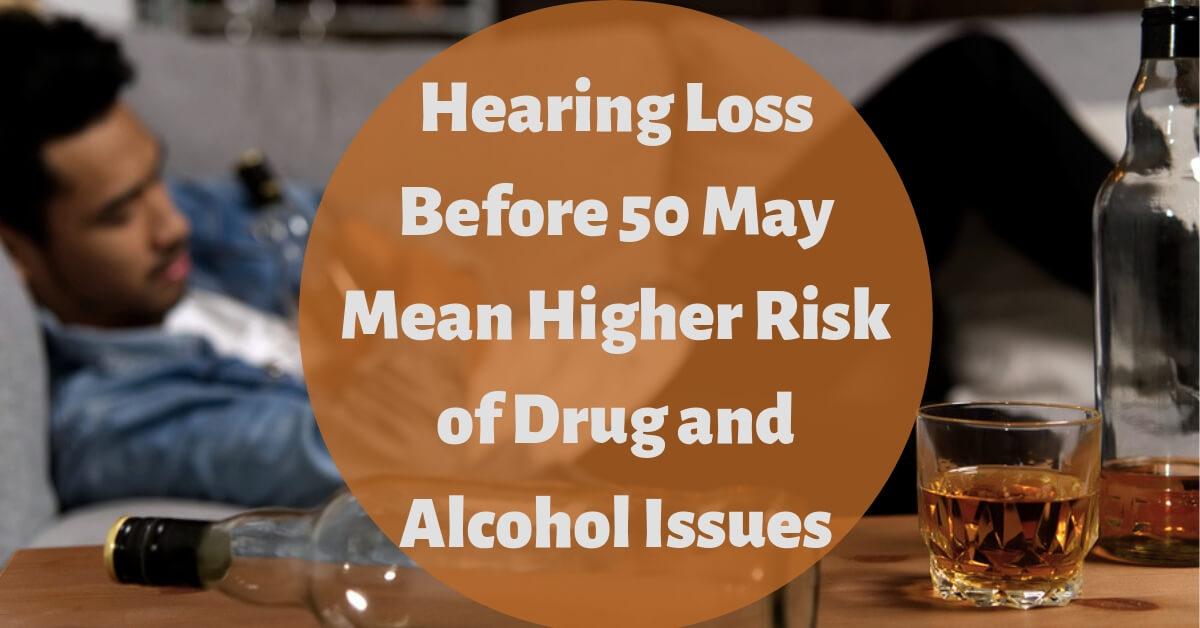- The Benefits of Being Social for Older Americans - February 29, 2020
- Common Excuses for Not Buying Hearing Aids - February 29, 2020
- How Treating Hearing Loss Improves Your Relationships - February 18, 2020
Hearing loss affects people of all ages and has widespread impacts on an individual, as well as their circle of family and friends. It is important to take care of your hearing health no matter what your age. You can depend on All Ear Doctors’ 26-plus years of experience to help with solutions for your hearing issues.
We all need to recognize the isolation and frustration that untreated hearing loss causes. There are far-reaching effects that we don’t always understand, especially in younger people. Studies have shown the impacts of hearing loss include hypertension, an increased risk of stroke, sleeplessness, isolation and depression as well as early on-set dementia. Results of more recent studies also show that untreated hearing loss for those under 50 can lead to drug and alcohol issues.
Results from a national study published in March 2019 reveal that individuals under 50 with hearing loss are twice as likely to abuse prescription drugs as their peers with normal hearing. They are also more inclined to abuse alcohol and other drugs.
Addictive Behavior and Hearing Loss
A team from the University of Michigan and VA Ann Arbor Healthcare System compiled data from more than 86,000 adults who completed the National Survey on Drug Use and Health. Survey data showed that adults under 50 with a hearing loss were more likely than others in their age group who didn’t have hearing issues to have a substance abuse disorder. Survey data was adjusted to account for differences in social, economic and mental health for the hearing- and hearing-impaired populations and the differences in substance abuse rates remained. Adults aged 35 to 45 with hearing loss were nearly twice as likely than their peers without hearing loss, to have substance abuse disorders involving prescription opioids and alcohol.
Insights into Survey Background
Dr. Michael McKee, director of the Deaf Health Clinic at the University of Michigan, directed the research. His clinic provides primary care and mental health care to the deaf and hard of hearing. Dr. McKee said the idea for the study came after he noticed that a disproportionate share of his younger patients with hearing loss were struggling with substance use issues.
“Hearing loss is connected with a variety of health problems, including mental and physical health, that may place these individuals at risk for pain disorders,” says Dr. McKee. “Also, the marginalizing effects of hearing loss, such as social isolation, may be creating higher rates of substance use disorders, too.”
Advice for Providers
Dr. McKee concluded that for some health care providers who were aware their patient had hearing loss, it is easier to take care of pain management issues by writing an opioid prescription instead of trying to navigate the communication problems. Research also suggested that some of the addiction issues may be due to general health care providers not being aware of the degree of hearing loss of their younger patients.
An earlier study explored factors that put youth with hearing loss at a higher risk for drug and alcohol use. It found communication difficulties in families contributed to high risk addictive behavior in young people. Since at least 90% of all parents of deaf children have normal hearing, having a family discussion about drug use and addictive behavior is complicated. There is also a lack of material tailored to the hearing impaired that explores addiction issues.
There is also the innate desire for hearing impaired young people to “fit in” and that may influence their decisions to participate in risky and addictive behavior. Dr. McKee, who himself has hearing loss, said he learned as a result of the study that health care providers needing to be more aware of communication issues with the hearing impaired when they are prescribing opioids regardless of the patient’s age. Patients need to be aware of the addiction risk when taking opioids and that needs to be explained in detail, he added.
Be Aware of Your Hearing Issues
Not getting your hearing issues addressed is risky behavior. Hearing aids come in so many different models they can fit any lifestyle and All Ear Doctors is committed to finding hearing solutions for you and making sure those solutions are budget friendly. Call for a hearing evaluation today.

